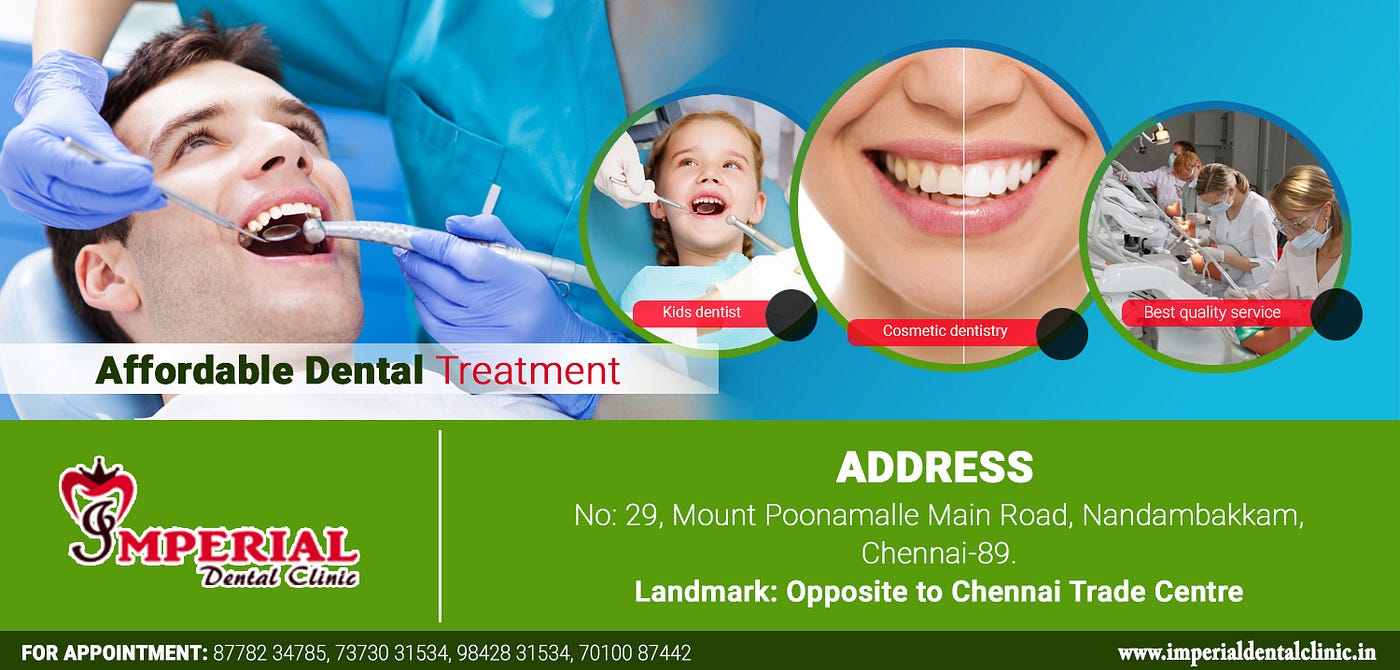
Budget-Friendly Smiles: Navigating Affordable Dental Care
Access to affordable dental care is essential for maintaining oral health without breaking the bank. Explore key strategies and resources that make quality dental care accessible to individuals on a budget.
Importance of Affordable Dental Care
Oral health is integral to overall well-being, and affordable dental care plays a vital role in ensuring that individuals of all economic backgrounds can access necessary services. Regular dental check-ups, cleanings, and preventive treatments are essential for preventing oral issues and addressing concerns early on.
Community Dental Clinics: Affordable Care for All
Community dental clinics are valuable resources for affordable dental care. These clinics often provide services on a sliding fee scale based on income, making them accessible to individuals with varying financial situations. Many community clinics also offer preventive services, education, and basic treatments at reduced costs.
Dental Schools: Learning and Affordable Care
Dental schools offer a unique opportunity for affordable dental care. Under the supervision of experienced professionals, dental students provide services at lower costs. While appointments may take longer, patients receive quality care while contributing to the education of future dental practitioners.
Government Assistance Programs: Bridging the Gap
Government assistance programs aim to bridge the gap in affordable dental care. Medicaid, for example, provides dental coverage for eligible individuals. Understanding the eligibility criteria and available services under such programs can help individuals access necessary dental treatments without shouldering a significant financial burden.
Dental Discount Plans: Budget-Friendly Solutions
Dental discount plans are an alternative for those without insurance. These plans involve paying a yearly fee to gain access to discounted dental services. While not insurance, discount plans can significantly reduce the out-of-pocket costs for preventive care, cleanings, and other dental treatments.
Preventive Care: A Cost-Effective Approach
Prioritizing preventive care is a cost-effective strategy for maintaining oral health. Regular dental check-ups, cleanings, and early intervention for minor issues prevent the development of more complex and expensive problems. Emphasizing preventive measures aligns with both oral health and budget-consciousness.
Negotiating Payment Plans: Open Communication
For individuals facing financial constraints, open communication with dental providers is crucial. Many dental offices are willing to negotiate payment plans or offer discounts for cash payments. Discussing financial concerns upfront allows both parties to find a mutually beneficial arrangement.
Telehealth Dentistry: Virtual Consultations
Telehealth dentistry is an emerging trend that offers virtual consultations with dental professionals. While not a replacement for hands-on treatments, virtual consultations can provide guidance, advice, and preliminary assessments. This approach may be more cost-effective and convenient for certain dental concerns.
Nonprofit Organizations: Supportive Initiatives
Nonprofit organizations often run dental outreach programs and clinics, providing free or low-cost dental care to underserved communities. Exploring local nonprofit initiatives and community events can lead to opportunities for affordable dental services and support.
At-Home Dental Care Practices: Self-Maintenance
Incorporating effective at-home dental care practices is an essential component of maintaining oral health on a budget. Brushing, flossing, and using fluoride products diligently can prevent the development of dental issues, reducing the need for extensive and costly treatments.
Empowering Budget-Friendly Oral Health
Explore Affordable Dental Care for additional insights and resources on empowering budget-friendly oral health. Regardless of financial circumstances, everyone deserves access to quality dental care. By navigating community resources, assistance programs, and adopting preventive practices, individuals can prioritize their oral health without compromising their budgets.
